5. The Majestic
Metascore: 27 (1 or D), RT: 42%
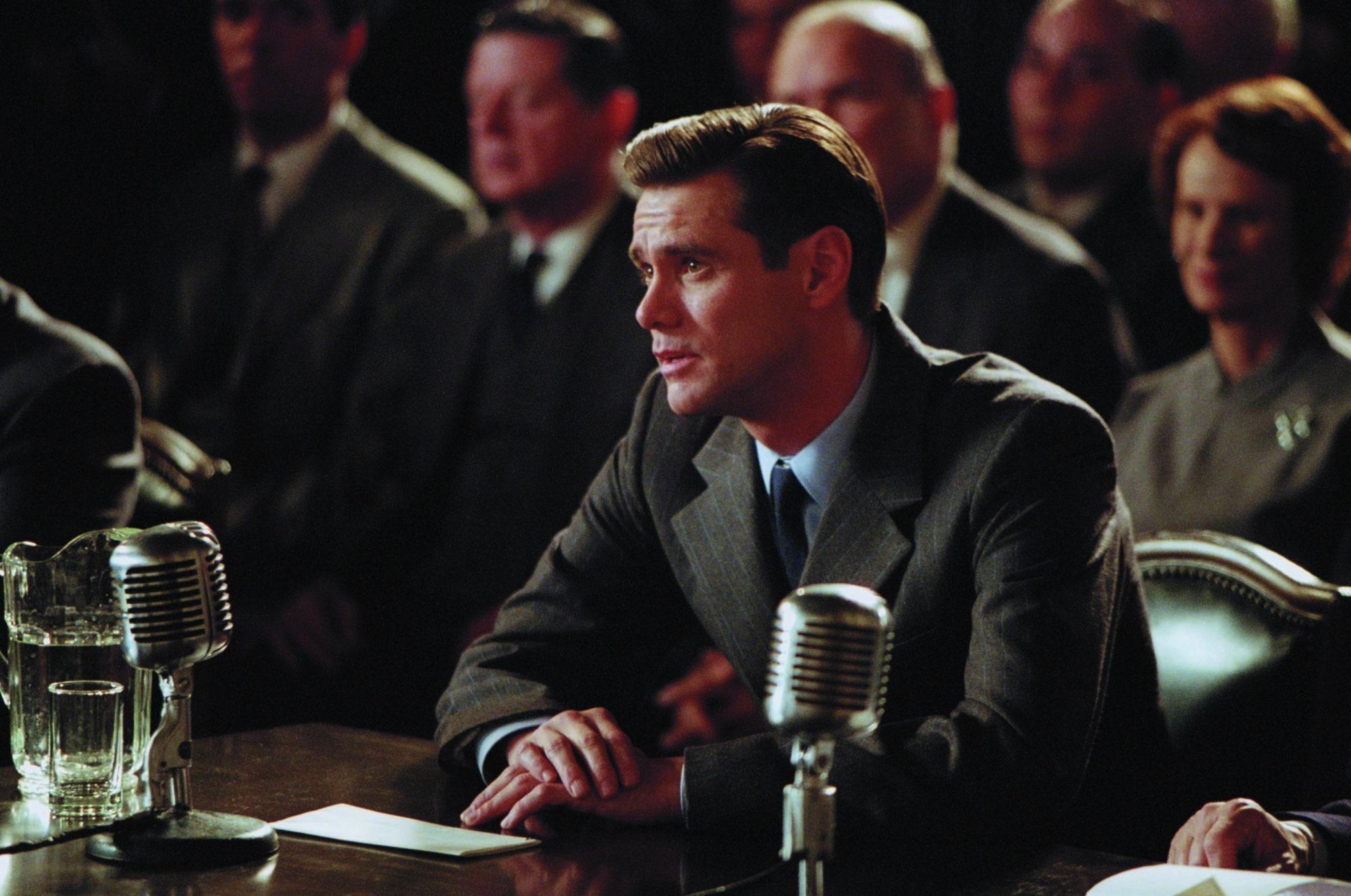
Frank Darabont, writer-director of The Shawshank Redemption and The Green Mile, followed those two films with this gentle, Capraesque dramedy. It was not a hit with critics or viewers, who found it all too overly maudlin.
A lot of those detractors neglected to realize that the sentimental tone Darabont created was an homage to the uplifting films of Frank Capra (It’s a Wonderful Life and Mr. Smith Goes to Washington, to name just two). Capra’s films always aimed to be life-affirming, with a strong belief that people are essentially good and even the most troubling issues can be overcome with hard work and positivity. For modern audiences, the lack of realism and the refusal to embrace cynicism rang a little false.
But to look at The Majestic as only an optimistic fable is to miss a lot of the great moviemaking and storytelling going on. Not only is the cinematography gorgeous and expansive, but the production design is warm and inviting, suggesting the pleasant tone that the movie strives for in its first half. The backdrop of the story is the Red Scare and Darabont uses the story as an analogy for courage in the face of an aggressive majority. The script gently tweaks the attitudes in Hollywood as well, which never goes over well with critics, who seem to adore movies that take place in that world.
The movie is quite lengthy (as most of Darabont’s films are), but it is a product of telling the story in three distinct parts and giving each part the room it needs to breathe. To fully comprehend the journey of the main character, played by Jim Carrey, the audience needs to see him truly change in the middle. Darabont doesn’t shortchange the arc of the character, which results in a long film. But that long film, with its ambitious aims to match Capra, inspires audiences that give into its charms.
6. The Big Year
Metascore: 53 (2.1 or C), RT: 40%
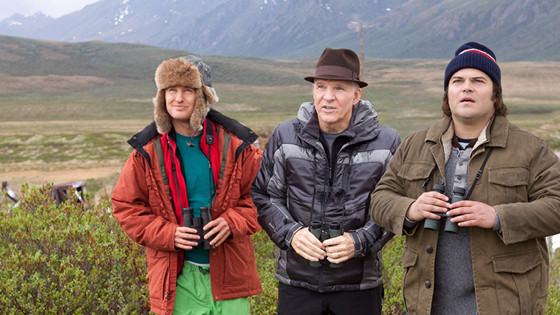
When audiences saw that Steve Martin, Owen Wilson, and Jack Black were all in the same movie, they immediately prepared themselves for a boisterous, laugh-out-loud comedy. What that cast and director David Frankel actually created was a much more realistic, human comedy. The aim of The Big Year was not riotous laughs, but a story that felt real, sprinkled with small, quiet moments of true-to-life comedy.
The premise itself turned many people off. Based on a nonfiction book about “birders” (birdwatchers) who travel the world within a single calendar year in an effort to see the most bird species, the film is more an examination of certain personalities and what it takes to be great at something than a series of loosely connected scenes designed to maximize laughter. Martin, Wilson, and Black are all asked to do subtler work than the normally do and they pull it off with aplomb.
Not only that, but the movie is still very funny. Black gets to do some physical comedy, Wilson gets to do his clueless egomaniac bit, and Martin gets to do the “amused at the idiocy of others” responses that he excels at. The script, by Howard Franklin, gets so many little details right, really inviting viewers to understand the foreign world of birding. Nonetheless, expectations played a major role in the disappointment some felt after watching The Big Year. If one can watch it with a change in attitude, however, it has a lot to offer as an examination of our human tendencies.
7. Mr. Magorium’s Wonder Emporium
Metascore: 48 (1.9 or C), RT: 37%
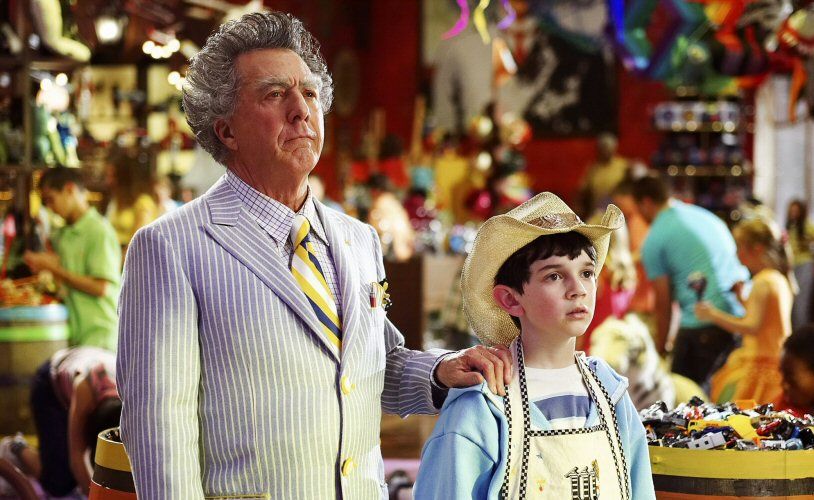
Rarely is a big-budget movie with an up-and-coming director and an A-list cast of this caliber this excoriated with such glee by critics and audiences alike. Mr. Magorium’s Wonder Emporium does have a heavy dose of family-friendly whimsy and Dustin Hoffman’s overly affected accent is silly, but the story is refreshing and surprising, tapping into the ephemeral nostalgia many feel when thinking back onto their childhood.
Natalie Portman gives a strong performance as the story’s requisite non-believer in magic. Jason Bateman also stars as a lawyer that befriends a young boy and helps him become more confident. Both roles require realism in the face of fancy. Hoffman’s performance is over-the-top, yes, but always with a knowledge of what it is doing. Hoffman understands that, to invite viewers into this magical world, he must show the most extreme version of belief in magic.
Zach Helm, who had previously written the also-whimsical Stranger Than Fiction, took the reins as director for the first time and has suffered for the movie’s failure. Unlike in Fiction, Magorium doesn’t care as much about grounding the movie in reality. Yes, reality intrudes in the lives of the characters and there are some scenes that take place outside of the titular toy store but the thrust of the plot exists inside those four walls, which represents an escape from the harsh world outside. Helm seems to have a strong opposition to living life with dourness.
In Fiction and Magorium, he pleads for all people to approach each day with vigor and vitality. It’s an attitude that–though admirable–rankles cynics. The movie is not perfect and does sometimes veer into overly nonsensical territory. But, with a purposefully chosen aesthetic and a ton of heart shining through, it is an effective family film.
8. The Truth About Charlie
IMDb: 4.8, RT: 33%
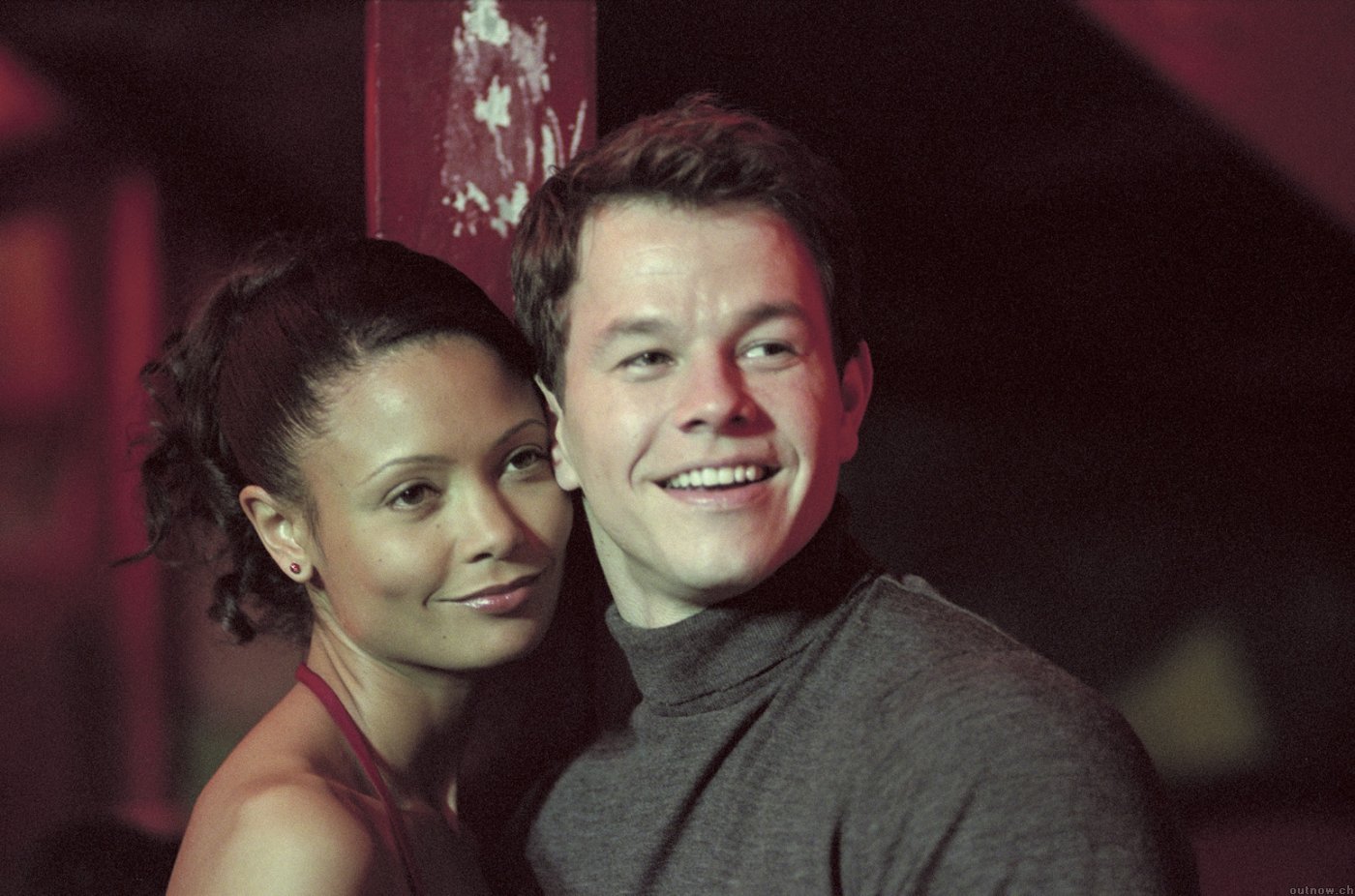
Stanley Donen’s Charade is an unquestioned classic. Starring Cary Grant and Audrey Hepburn, the movie is exciting, funny, fizzy, and elegant. When Jonathan Demme decided to remake the film in 2002, he was already inviting criticism for “fixing” something that was not broken to begin with.
Mark Wahlberg and Thandie Newton stepped into the lead roles and Demme experimented with some French New Wave techniques to bring the story its own flair. But no amount of filmmaking prowess would be able to fend off ardent supporters of the original film. Credit the filmmakers and producers for having the intelligence to change the name but most viewers knew very quickly what movie they were riffing off of.
But that word–riffing–is essential to seeing that The Truth About Charlie is a surprisingly good movie. Demme and his team have no delusions about besting Charade. They have taken cinematic inspiration from a classic film and used it to create something wholly new and exciting. The story, in the hands of Demme, has a looser feel. The elegance present in the original Charade is absent here. The filmmaker opted for something more messy and aesthetically adventurous. Wahlberg is no Cary Grant and, in 2002, he hadn’t quite found his rhythm as an actor but his presence takes the perfect “Cary Grant sheen” off of the story.
Thandie Newton, though, matches the grace of Audrey Hepburn but with a modern spin. Their chemistry is less effortless than Grant and Hepburn’s but has more electricity. Demme seemed to intuitively understand that, if one is going to remake a well-loved film, one needs to imbue it with the spirit of the time in which it is made. Otherwise, it is nothing but a pathetic facsimile. Though many would charge The Truth About Charlie with being a woeful carbon copy of its inspiration, the movie is much slyer and more compelling than that.
9. Abandon
IMDb: 4.9, Metascore: 36 (1.5 or D+), RT: 16%
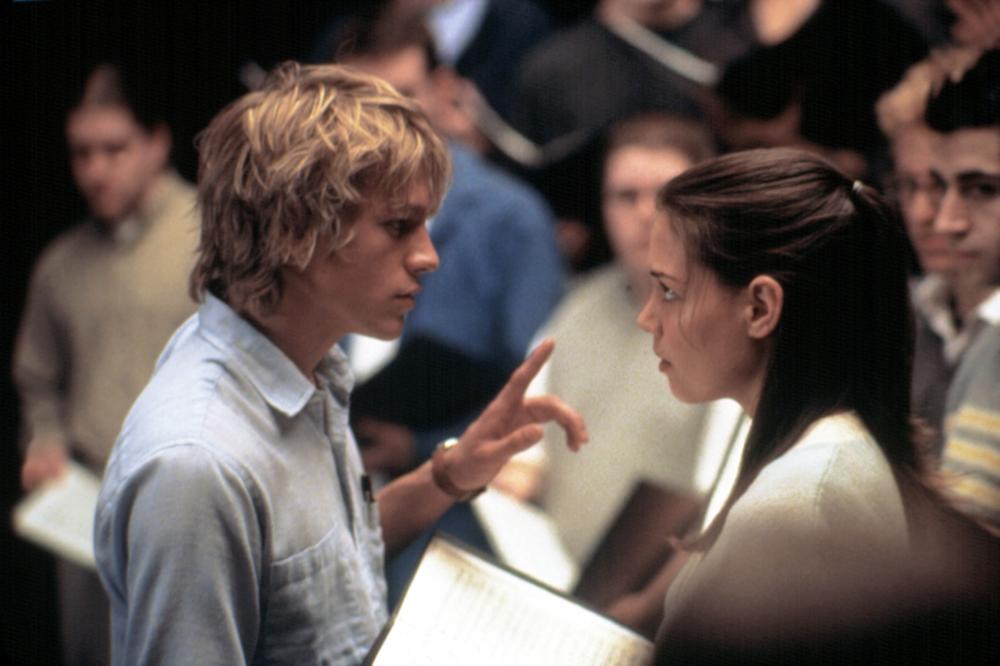
After Stephen Gaghan won an Oscar for his Traffic screenplay, he used his newfound clout to write and direct this Katie Holmes-starrer. About a college senior who must deal with the abrupt reappearance of an old boyfriend who has been missing for years, viewers struggled with the central performance, as well as with the surprising turns and shocking revelations buried late in the story.
Though Holmes is not perfect in the role, she is believable. Gaghan most likely cast her for the “girl next door” qualities she was famous for possessing. As well, though the final discoveries of the plot are completely unexpected, Gaghan’s script effectively foreshadowed them without making them obvious. Unlike many twists that seem to exist only to shock the audience, Abandon’s final scenes serve to re-frame everything that came before and clear up the inconsistencies that may have seemed glaring.
Some critics felt the movie too predictable. Though a lifetime of watching movies might make a viewer more apt to jump ahead of the story, the final scenes discoveries are not any less emotional if one knew they were coming. If anything, it adds heft and depth to repeated viewings, giving insight into Holmes’ character’s psyche and examining relationships in a refreshing way. Other critics praised the movie’s atmosphere but found other aspects too silly or derivative.
Gaghan’s script is rife with arresting images but those images are matched by interesting dialogue and weighty character development. Does Abandon live up to the complex, morally gray universe that Gaghan created in Traffic? No. Yet, it does live up to the modest ambitions it set for itself. The harrowing and troubling final scenes are not there simply for shock value; they are there to complete this understated study of human inclinations.
Author Bio: Chad Durham is co-editor and contributing writer for RogueAuteurs.com. He also participates bi-monthly in the Rogue Auteurs podcast. His day job is high school English teacher. He has been in love with movies since seeing The Sting when he was 12. The thrill and emotion of seeing a great movie for the first time will always be one of his favorite feelings.